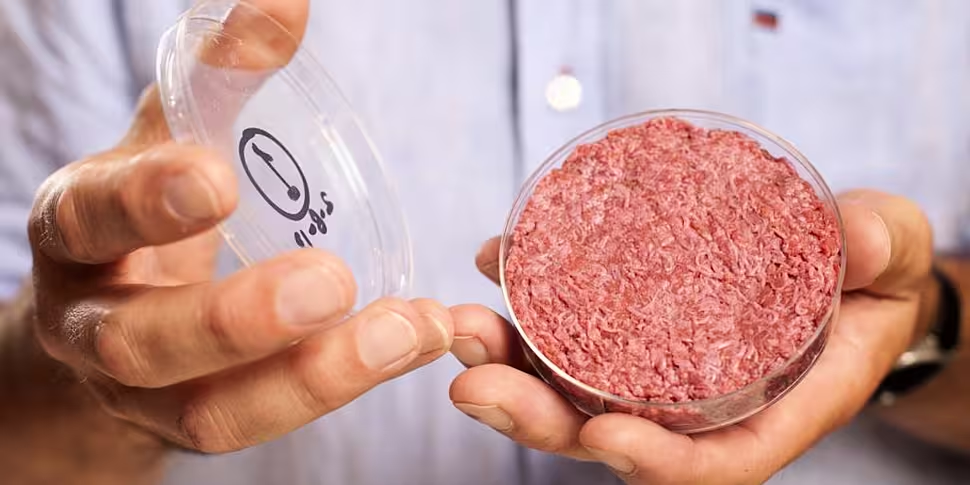Most of the meat we eat in 20 years will not come from slaughtered animals, a new report has predicted.
The prediction is based on interviews with experts in the agriculture industry by global consultancy firm AT Kearney.
They say 60% of the meat being consumed in 2040 will either come from plant-based alternatives made to taste like the real thing, or from animal cells grown in labs.
The report highlights two types of meat product that are likely to grow dramatically in the coming years - cultured meat, and 'novel' vegan meat replacement.
Cultured meat - also referred to as clean, cell-based or slaughter-free meat - refers to food grown in bioreactors after cells are extracted from a living animal.
Novel vegan meat replacements, meanwhile, are described as products where the "sensory profile gets a lot closer to meat than classic vegan meat replacements" - with companies such as Impossible Foods cited for their work in the field.
The report states: "According to industry experts, classic vegan and vegetarian meat replacements as well as insect-based meat alternatives are less likely to grow beyond the current vegan and vegetarian trend as they lack the sensory profile to convince average consumers.
"In contrast, novel vegan meat replacements and cultured meat have the potential to disrupt the $1,000 billion conventional meat industry."
The report predicts that by 2040, cultured meat will make up 35% of global meat consumption - compared to 25% for novel vegan meat replacement and 40% for conventional meat.
Speaking today, President of the Irish Farmers Association Joe Healy said he isn't convinced the market for traditional meat is going to drop away.
He observed: "At times there are trends, and there are fads - but I think that a lot of people still like meat, and they don't like the idea of a synthetic substitute."









